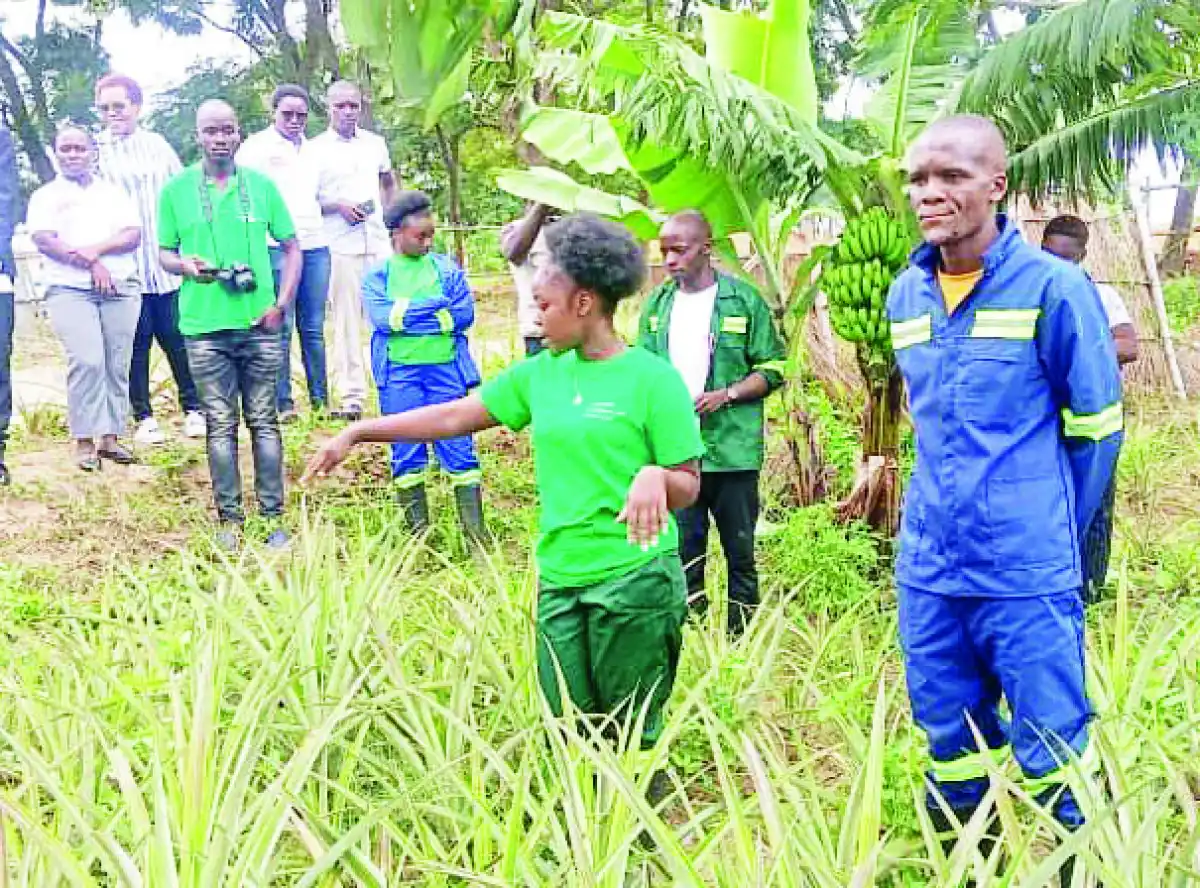

The Technical, Entrepreneurial and Vocational Education and Training Authority (Teveta) continues to play a crucial role in equipping young people with practical skills to bridge the gap and promote self-reliance.
Teveta Board Chairperson Pyoka Tembo reaffirmed the authority’s commitment to supporting vocational institutions and skilled artisans across the country, emphasizing that technical education is a key driver of economic growth.
“As Teveta, we are dedicated to ensuring that artisans receive the necessary skills and resources to contribute meaningfully to the country’s development,” Tembo said.
Tembo highlighted the need for collaboration between vocational training institutions and industry stakeholders to align graduates’ skills with labor market demands.
“A skilled workforce is the backbone of our economy, and we will continue to invest in vocational institutions to produce competent graduates,” he said.
He said the government has placed technical and vocational education at the center of its agenda to tackle unemployment.
“Through Teveta, the government has introduced several initiatives to make vocational training more accessible and attractive to young people,” he said.
“One of our major focus areas is equipping vocational institutions with modern training tools, as industries now require workers who are familiar with new technologies,” Tembo said.
In light of this, Parliament has urged Tevet affiliated technical institutions to fully utilise modern machinery and technologies to maximize efficiency in skills development.
Vice Chairperson of the Parliamentary Committee on Education Ephraim Nayeja encouraged vocational institutions to leverage the advanced equipment at their disposal to enhance the competency of their graduates.
“We need to ensure that these institutions take full advantage of modern technologies to enhance the proficiency of their graduates,” Nayeja said.
Nayeja made these remarks on Friday after leading a Parliamentary committee visit to Dapp Mikolongwe Vocational Institute in Chiradzulu and Soche Technical College in Blantyre.
“If well-trained, these young people will become highly skilled technicians capable of either securing jobs or creating employment opportunities for others,” he said.
He said the aim of the committee’s visit was to assess the state of vocational education and encourage institutions to align their training programs with industry needs.
The committee commended both institutions for their efforts in providing quality training.
However, Nayeja urged them to continuously review their curriculum to keep up with industry trends.
“Industries are evolving rapidly, and vocational institutions must adapt to these changes to ensure their graduates remain competitive both locally and internationally,” he said.
During the visit to Dapp Mikolongwe Vocational Institute, the delegation toured various departments, including carpentry, welding, tailoring, aquaculture, and shoemaking.
Similarly, at Soche Technical College, officials engaged with students and instructors while inspecting training programs in mechanical engineering and painting and decoration.
“Vocational training is not only crucial for employment but also a fundamental pillar in fostering entrepreneurship,” he said.
He encouraged young people to embrace technical education and use their skills to venture into self-employment.
Charles Salema, Acting Principal of Dapp Mikolongwe Vocational Institute, expressed optimism about the continuous support from Teveta and other stakeholders.
“With support from Teveta, we are confident that Malawi will gradually bridge the skills gap and create more employment opportunities through technical and vocational training,” Salema said.
Despite the progress made, challenges remain in the sector. Many vocational institutions struggle with funding constraints, limiting their ability to acquire modern machinery and expand training facilities.
Salema said there is also a need for awareness campaigns to change public perceptions about technical education, as many young people still view university education as the only viable career path.
The country’s economic growth depends on developing a skilled workforce capable of meeting local and international market demands.








0 Comments